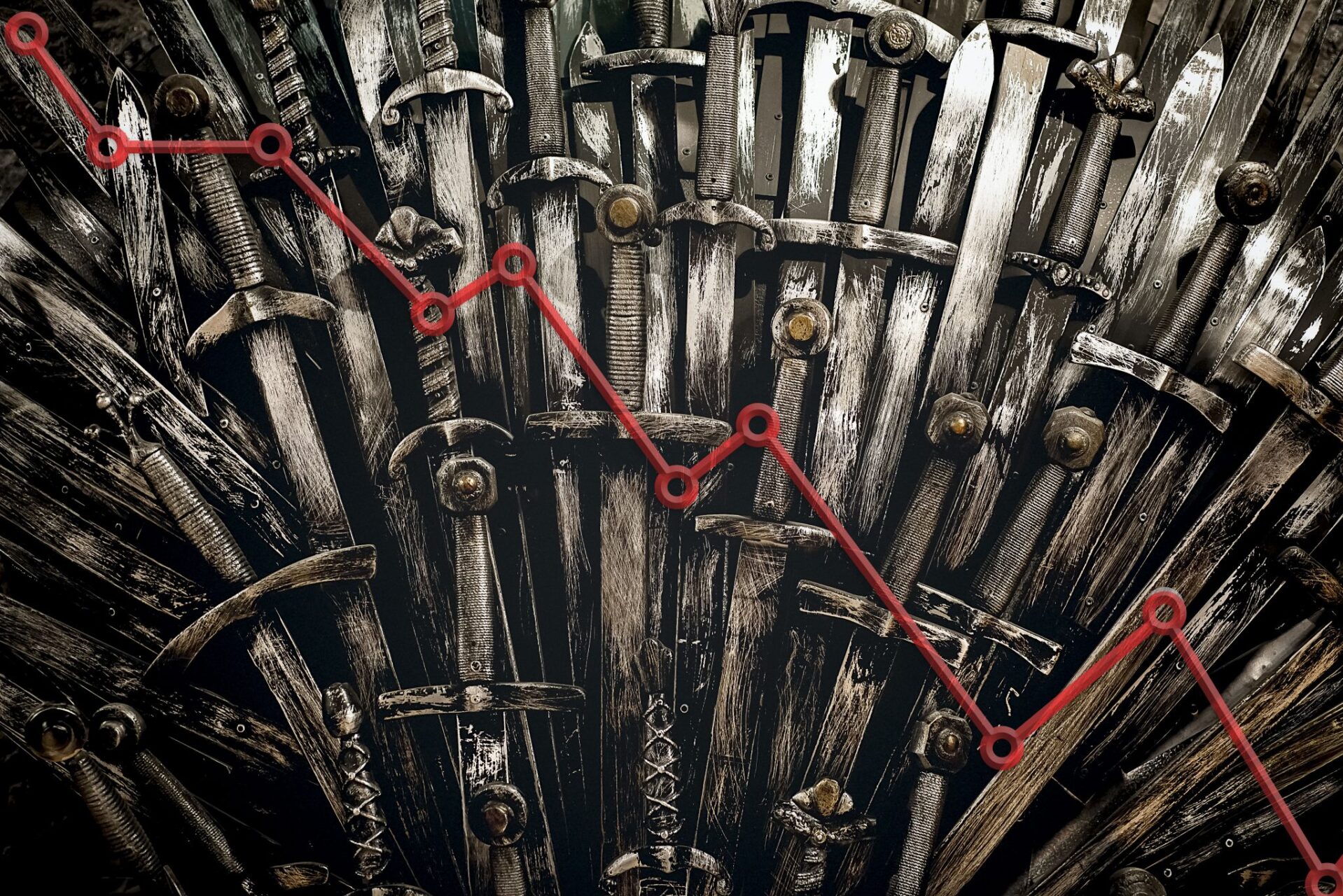Alas, the show that united so many has met its end. Game of Thrones aired its final episode on Sunday, May 19, leaving an indelible mark on the television landscape and engendering mixed reactions.
Here at Atomik Research, a division of 4media group, we are avid consumers of most things popular culture, and we couldn’t help but notice something interesting: the final season of Game of Thrones has a lot in common with a bad PR survey. We don’t care if you think it’s a stretch, cause it’s true.
Here are Atomik and 4media’s four things bad PR Surveys and the final season of Game of Thrones have in common.
1. BAD PR SURVEYS ARE RUSHED
Bad PR surveys are done too quickly. This is especially tricky because they’re almost good – on the verge of answering questions your brand has been facing for ten whole years – and then suddenly, they reach a conclusion so lackluster you’re left wondering where you went wrong. That feeling hangs in the air, heavy from a missed opportunity.
Rushed research can overlook key considerations, like the impact of a certain sample, necessary breakouts on important questions, or the essential integrity of questionnaire design. A series of small oversights can ruin an otherwise phenomenal product overnight.
2. BAD PR SURVEYS LEAVE LINGERING QUESTIONS
A bad PR survey fails to answer what you really want to know. It may come close, but it can often stop short of uncovering true insights. This is why Atomik Research places such an enormous emphasis on asking the right questions and providing equally excellent answer choices. In the same way as the world’s most selfless hero can ride casually into the oblivion beyond the wall, so too can your research be blanketed by the snows of poor creativity. The only way research can uncover true insights is to seek them creatively, and with a willingness to take the occasional risk.
3. BAD PR SURVEYS ARE FULL OF FILLERS
A bad PR survey contains questions that just fill space. Like a scene that takes up 13 percent of an episode with an otherwise meaningless dragon flight, some vendors offer quantity where quality is suffering. Great market research needs to make use of every question, which can come from thoughtful questionnaire development behind well-stated brand goals. With a clear target in mind, every question can produce a meaningful insight.
4. BAD PR SURVEYS TELL THE WRONG BRAND STORY
Bad PR surveys do not inspire action. No one wants to be Brand the Broken, and one bad PR survey can set brands on a path to telling the wrong story – which takes away opportunities for media pitching, owned media content creation, and ultimately, greater brand awareness.
This is why we often use qualitative research like focus groups before performing a full-scale PR survey. It’s almost as if you gather a group of seven to nine influential people, and then hope they put the public on the right path to making a choice for the realm. It doesn’t always work that way, but it remains a meaningful tactic nonetheless.
